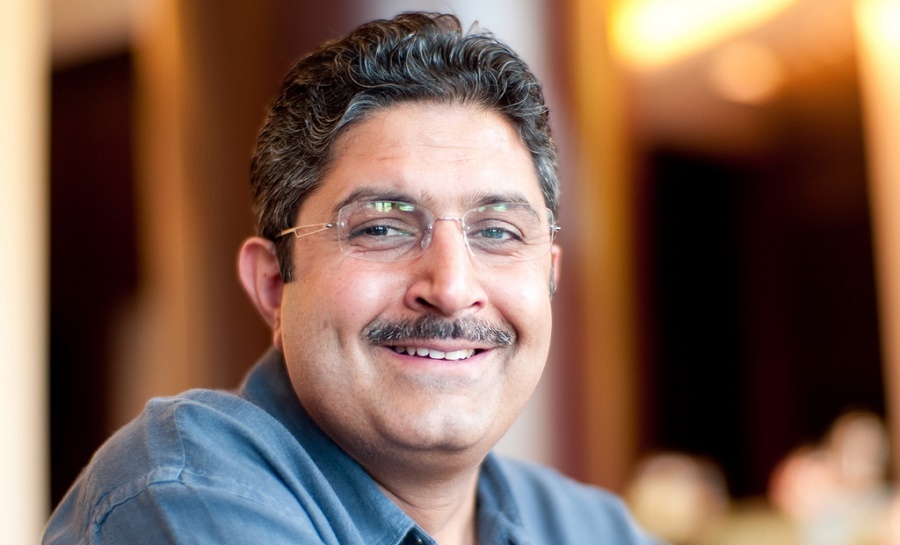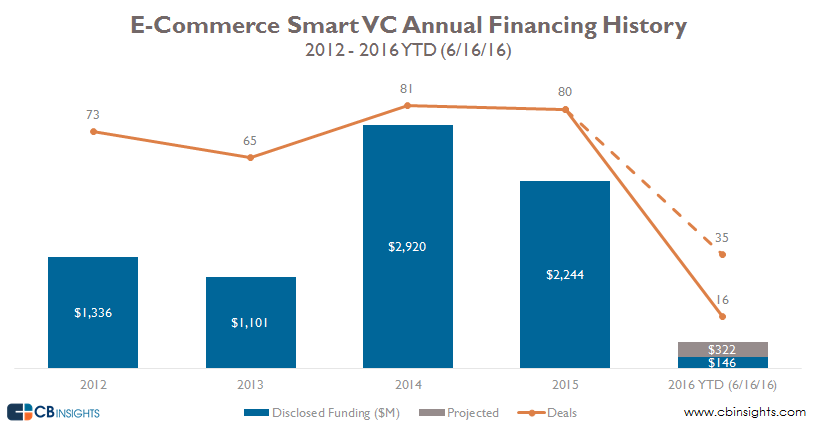What I know about money and hardware: PK Gulati

Hardware is in vogue.
Where once you needed years, millions of dollars, and institutional support to launch a device or hardware product, now you just need years, millions of dollars, and Kickstarter.
Serial entrepreneur and founder of smart technology lab The Assembly, PK Gulati, says the increased number of connected devices in everyday life is making investors more comfortable with them - and therefore making it easier for them to give money to people making those devices.
This is an important shift, particularly as data and anecdotal evidence suggests that in the US the low hanging fruit of app-based startups has been picked, and investors are starting to eye ideas which may be more expensive to launch.
US VC market researcher CB Insights has noted a dramatic drop in investments in ecommerce startups and a drop in deals for the on-demand sector, but finds that investments in startups combining hardware and software in sectors such as automotive, Internet of Things, and biotech are booming.

The situation is different in the Middle East where there’s still plenty of space for app-based consumer products, but as a trend it’s here.
There are 16 fab labs in MENA, according to a map provided by Fablabs, with more planned, 3D printing shops are popping up throughout the region as well as robotics kits and courses for children (particularly for girls), online electronics stores, and incubators and spaces like The Assembly dedicated to helping or introducing people to making their own things.
All of this is making hardware startups more common, the possibility of their success more likely, and thus, the chance of investors handing over some money less of a struggle.
Investors are more comfortable with hardware. I think that will start happening because people are using more hardware. They start seeing devices, they start seeing small things coming up and they think maybe we should invest in that. The second thing is that everybody wants to be ahead of the times, so they want to invest in things that have not come yet, but have a lot of promise.
More investors are taking risks with hardware startups. We [Smart Start Fund] invested in a hardware startup, a wearable startup called Goqii. They have put a human coaching layer between the wearable and the person, because in most cases you measure the steps that you took but you don’t know what to do with that data; they interpret that data for you. You look around the region and you see more people doing it: Joi Iti and Fadi Ghandour invested in Ayah Bdeir who did Little Bits, there’s Hind Hobeika with Instabeat.
Investment follows success. If you see a few startups that succeed then everybody starts following in that direction, so that will happen as more and more entrepreneurs try things.

City App Hack)
The time for hardware has come. People are going beyond simple, me-too replications of entrepreneurial ideas to the next level. When you look at trends like the Internet of Things, or people actually talking about smart cities or smart living or smart communities, all these things are part of that ‘smartness’. You look at the kind of services that we have in our homes you realise that there’s a lot coming.
Hardware is common because they’re easier to do. Doing, and thinking about doing, a hardware startup has become far more accessible. Before that it wasn’t something people thought you could do unless you had very specific training or very specific access to resources like a large corporation. So Kickstarter and Indiegogo have actually made it possible.
Corporate money is better than VC money. I think this is far more suited to these kinds of startups, because corporates are far more tactical. Initially, at least, when they start they look at small startups providing them some kind of edge, when they don’t have an immediate project.
Partnerships accelerate the chance of success. That is maybe a good way to actually bring a product to a level where it becomes self sustaining, or they at least reach a point where they can take the next step or raise the next round of money to turn it into a viable startup.
There’s no such thing as a purely hardware startup. It’s always hardware plus software, it's a package. But something which contains a bit of hardware or contains a device is more complex than just doing software because there’s the cost in terms of talent, resources, the time it takes put these things together, so the risk is higher. At in5 they have two or three companies doing this. There's a company doing intelligent cars called Dashroad, there’s a company doing robotic kits, Junkbot.


